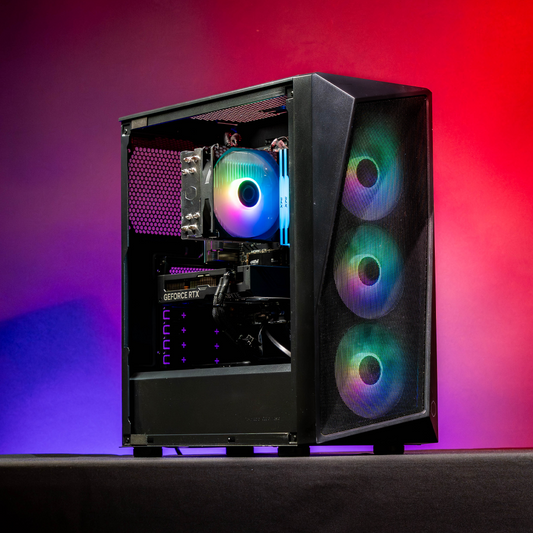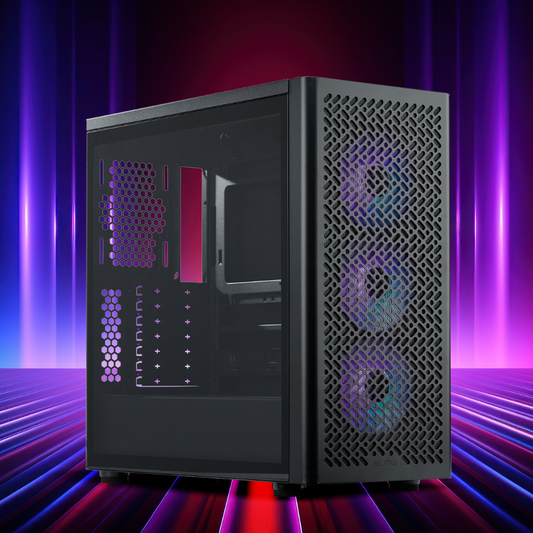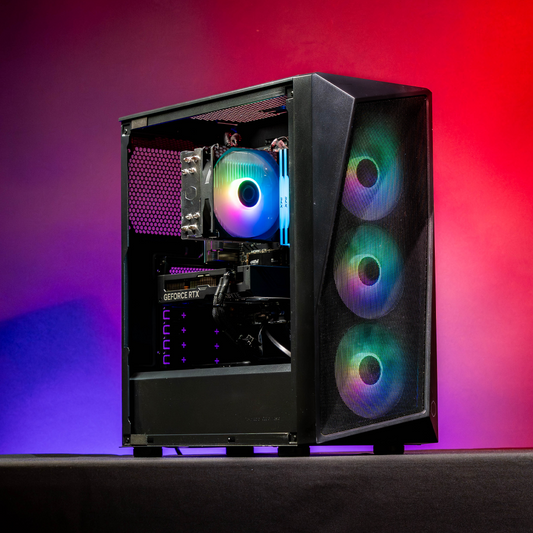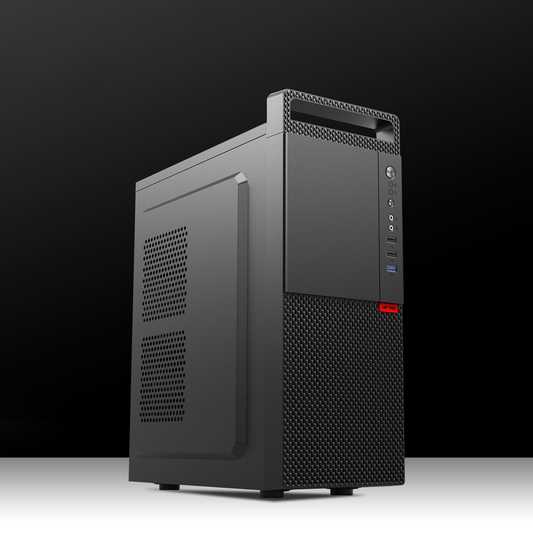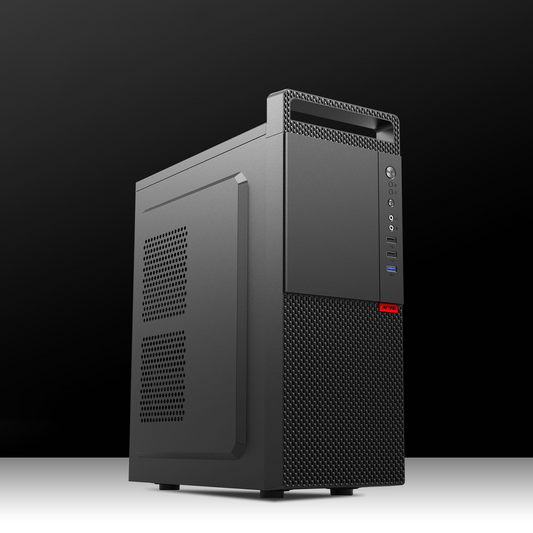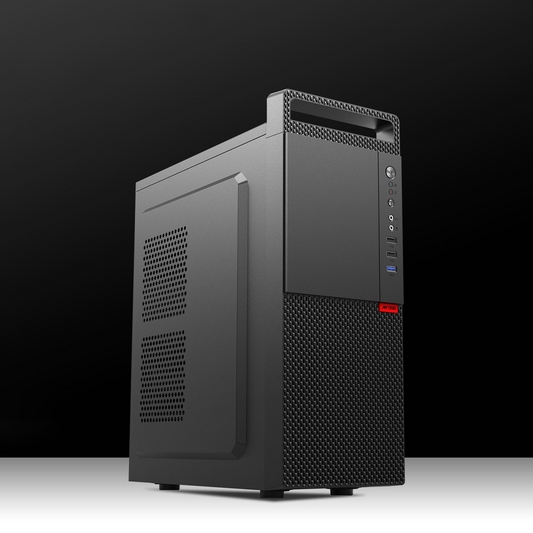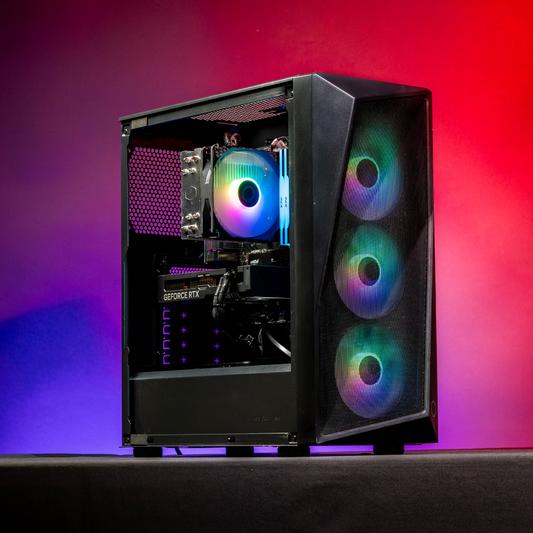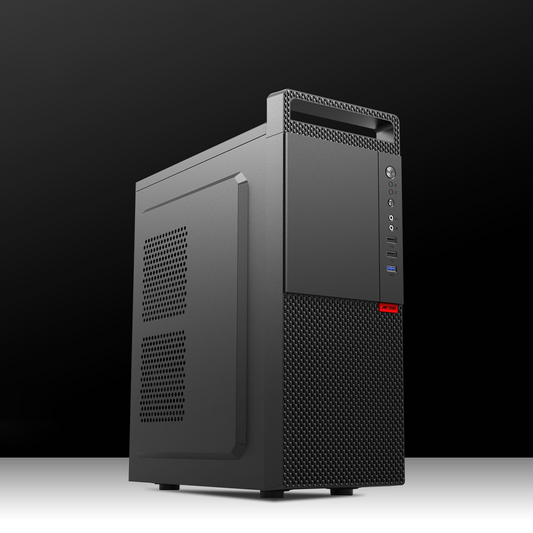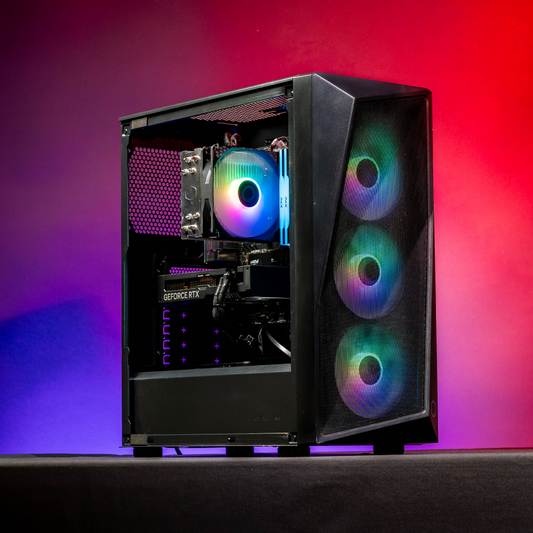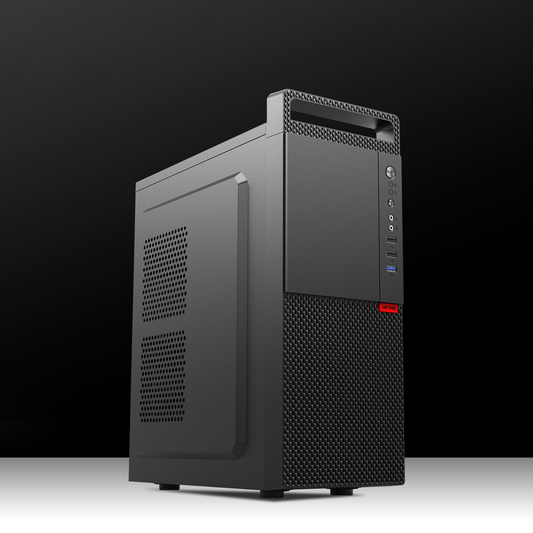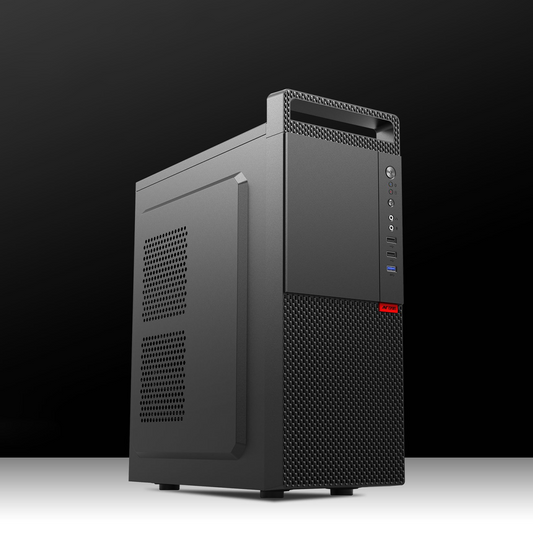FocusX CD8 ( Intel i5 14400 / 32GB RAM DDR5 / 1TB M.2 NVME Gen4 SSD ) Custom PC Build For Coding
Rs. 96,029.00
Rs. 108,017.00
FocusX CD12 ( Intel i9 14900K / 64GB RAM DDR5 / 1TB M.2 NVME Gen4 SSD ) Custom PC Build For Coding
Rs. 183,409.00
Rs. 200,834.00
FocusX CD10 ( Intel i7 14700 / 32GB RAM DDR5 / 1TB M.2 NVME Gen4 SSD ) Custom PC Build For Coding
Rs. 125,373.00
Rs. 137,034.00
FocusX CD6 ( Intel i5 12400 / 32GB RAM DDR5 / 500GB M.2 NVME Gen4 SSD ) Custom PC Build For Coding
Rs. 77,795.00
Rs. 90,546.00
FocusX CD4 ( Intel i3 12100 / 16GB RAM DDR5 / 240GB 2.5 SATA SSD ) Custom PC Build For Coding
Rs. 51,745.00
Rs. 60,752.00
FocusX CD2 ( Intel Pentium Gold G6405 / 16GB RAM DDR4 / 240GB 2.5 SATA SSD ) Custom PC Build For Coding
Rs. 38,059.00
Rs. 42,852.00
FocusX CD11 ( AMD Ryzen 9 9900X / 64GB RAM DDR5 / 1TB M.2 NVME Gen4 SSD ) Custom PC Build For Coding
Rs. 174,158.00
Rs. 195,639.00
FocusX CD9 ( AMD Ryzen 7 8700G / 32GB RAM DDR5 / 1TB M.2 NVME Gen4 SSD ) Custom PC Build For Coding
Rs. 111,728.00
Rs. 120,126.00
FocusX CD1 ( AMD Ryzen 5 5600GT / 16GB DDR4 RAM / 240GB 2.5 SATA SSD ) Custom PC Build For Coding
Rs. 49,938.00
Rs. 55,752.00
FocusX CD7 ( AMD Ryzen 5 8600G / 32GB RAM DDR5 / 1TB M.2 NVME Gen4 SSD ) Custom PC Build For Coding
Rs. 93,460.00
Rs. 122,228.00
FocusX CD5 ( Ryzen 5 8500G / 32GB RAM DDR5 / 500GB M.2 NVME Gen4 SSD ) Custom PC Build For Coding
Rs. 76,684.00
Rs. 85,446.00
FocusX CD3 ( AMD Ryzen 5 8500G / 16GB RAM DDR5 / 240GB 2.5 SATA SSD ) Custom PC Build For Coding
Rs. 55,934.00
Rs. 70,215.00

